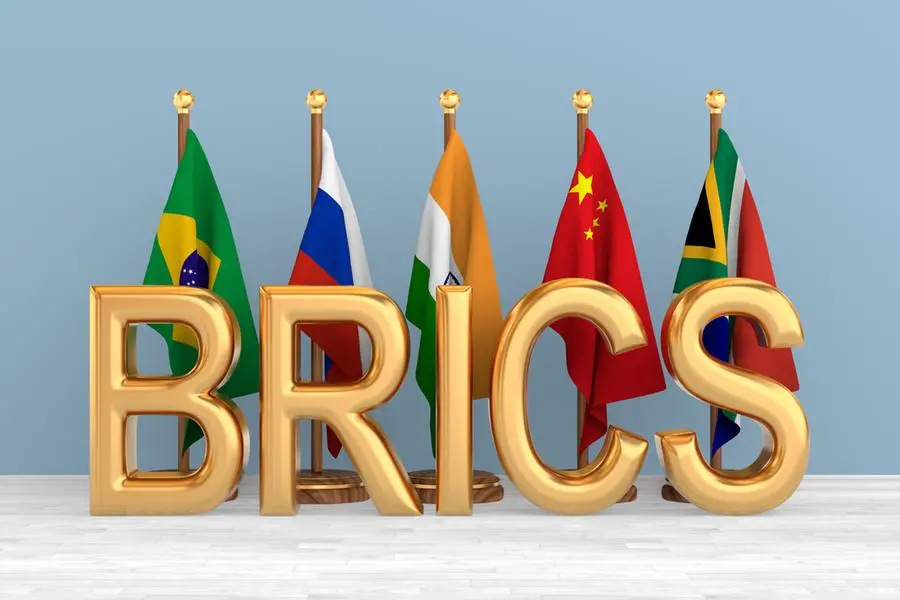PHOTO
A Brics+ reserve currency will not be easy to create, says Indian External Affairs Minister, Dr Subrahmanyam Jaishankar, citing the need for numerous protocols to align it with the different fiscal and monetary policies of member states.
Dr Jaishankar told journalists in New Delhi that the focus was much more on settling payments in each other's currencies than on having a new unit for the bloc.“Brics members have their particular currencies, so, many of them say, why do I need a third currency to settle between us? Which is completely understandable. Sometimes it's a liquidity issue, sometimes it’s a trust issue,” he said while addressing journalists from the Indo-Pacific region at the ministry.
“People have raised the issue that should there be a Brics currency. But, for countries to have a common currency, you need enormous alignment of their very fundamental fiscal policies, monetary policies, economic policies… And when you look at Brics’s standards, I think we’ve to be realistic about the extent of alignment among members.”Brics is an intergovernmental organisation founded by Brazil, Russia, India, China and South Africa, and recently expanded to include Saudi Arabia, Iran, Egypt, Ethiopia and the United Arab Emirates.
There has been talk of the Brics creating a reserve currency, but this has been more about shaking up the dollar, and experts doubt that de-dollarisation would help to ease payment friction.
They point to the difficulty of creating such a currency, given that none of the founding Brics members was looking for an alternative currency.“Certainly, each of the member countries has an interest in maintaining and spreading the reach of its national currency,” says Richard J Grant, professor of finance and economics at Cumberland University, Tennessee, in a paper for the Free Market Foundation think tank.“Each currency serves as a domestic unit of account, medium of exchange, policy instrument, and potential source of government revenue called ‘seigniorage’.”Those pushing for an alternative currency are really pushing for their national currencies to be accepted abroad, he adds.
In the run-up to the Brics summit in South Africa in August 2023, India's Foreign Secretary Vinay Mohan was reported as saying, “The substantive part of trade and economic exchanges and discussions that have been a part of Brics discussions, have so far, in a major way, focused on how to increase trade in respective national currencies which […] is considerably different from a common currency concept.”Issues that have arisen in discussions on the development of a Brics currency include availability and liquidity of the currency, exchange rate risk, banking infrastructure and international acceptance.
© Copyright 2022 Nation Media Group. All Rights Reserved. Provided by SyndiGate Media Inc. (Syndigate.info).





















